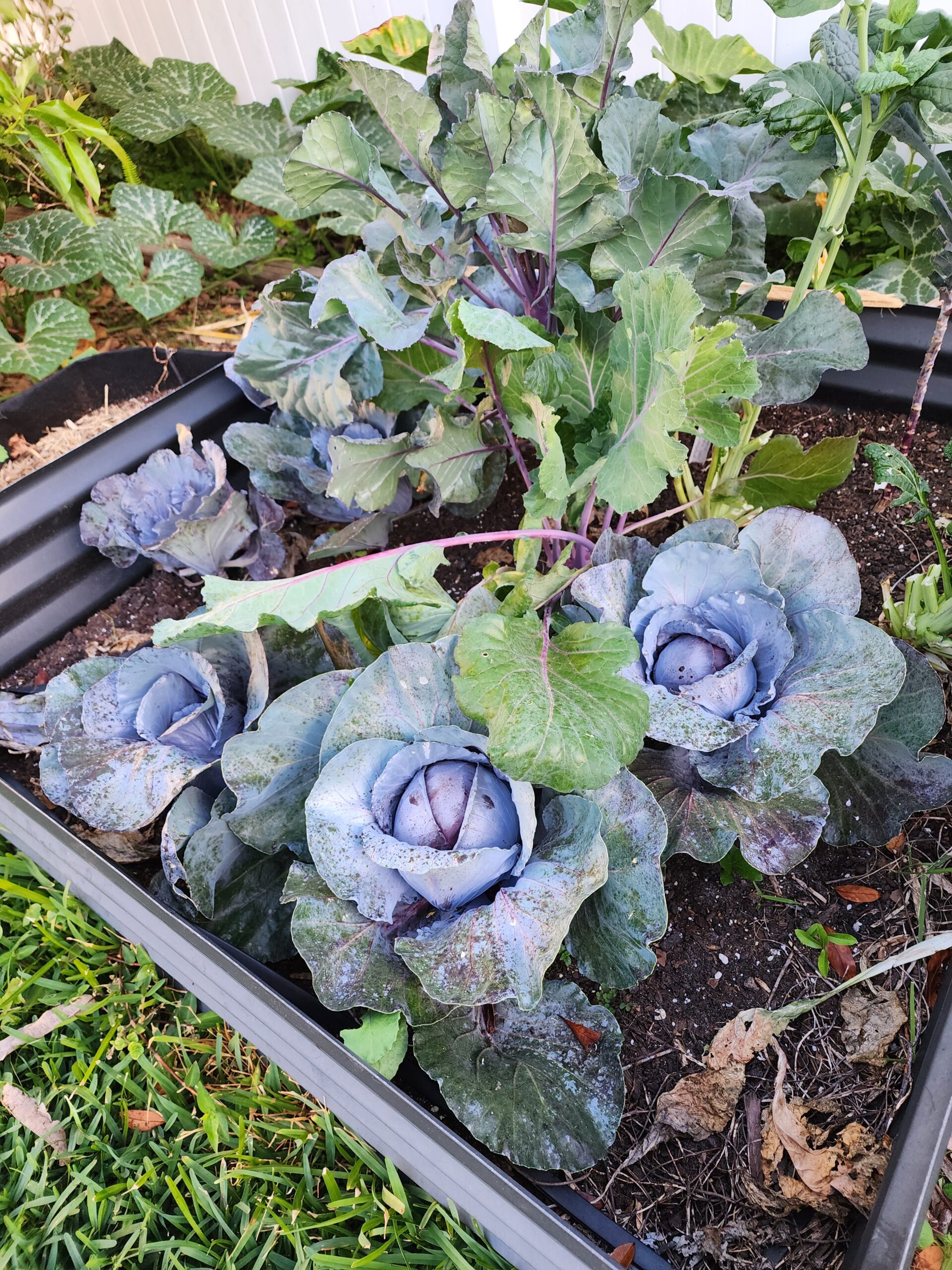Within the bustling cores of cities, where skyscrapers loom large, a quiet revolution is unfolding. Urban gardening, the practice of nurturing plants and cultivating green spaces in urban areas, has emerged as a captivating movement that restores our connection with nature and transforms urban landscapes into thriving havens. This captivating trend is driven by the pursuit of sustainable living, food security, community cohesion, and our inherent yearning to engage with the natural world. In this blog, we embark on an exploration of the exciting world of urban gardening, highlighting its myriad benefits and the profound impact it has on our relationship with urban environments.
The Rise of Urban Gardening:
Urban gardening has gained significant momentum in recent years as people recognize the significance of green spaces for their well-being. Transforming balconies, rooftops, abandoned lots, and communal gardens into flourishing sanctuaries, urban gardening is spurred by factors such as environmental consciousness, the quest for fresh produce, the need for stress relief, and the desire to foster a sense of belonging in local communities.
Urban gardening offers a multitude of benefits that positively impact both individuals and communities. First and foremost, it contributes to the environmental well-being of cities. Urban gardens act as green lungs, absorbing carbon dioxide (CO2) and mitigating the heat island effect, thus reducing the overall carbon footprint. By promoting biodiversity within urban areas, these gardens foster a healthier ecosystem and enhance air quality. Additionally, they help combat water runoff, making cities more sustainable and livable.
Beyond environmental advantages, urban gardening addresses the issue of food security. By growing their own food, individuals and communities reduce their reliance on long-distance transportation and gain control over their food supply. Urban gardens provide a source of fresh and nutritious produce, ensuring a more secure and resilient food system.
Urban gardening also nurtures community building and social cohesion. By establishing communal gardens or participating in neighborhood initiatives, people from diverse backgrounds come together, forming connections and fostering a sense of belonging. These spaces encourage collaboration, knowledge sharing, and cultural exchange, creating stronger social bonds and vibrant neighborhoods.
Moreover, urban gardening positively impacts individual health and well-being. Engaging in gardening activities offers a range of benefits, from stress reduction and increased physical activity to improved mental well-being. The therapeutic aspects of gardening provide a refuge from the fast-paced urban lifestyle, allowing individuals to connect with nature, unwind, and find solace.
Urban gardening is an awe-inspiring movement that reestablishes our connection with nature, enhances our well-being, and builds strong and inclusive communities. As this captivating journey continues to unfold, we invite you to see how transforming your space can cultivate a whole new world for you!


